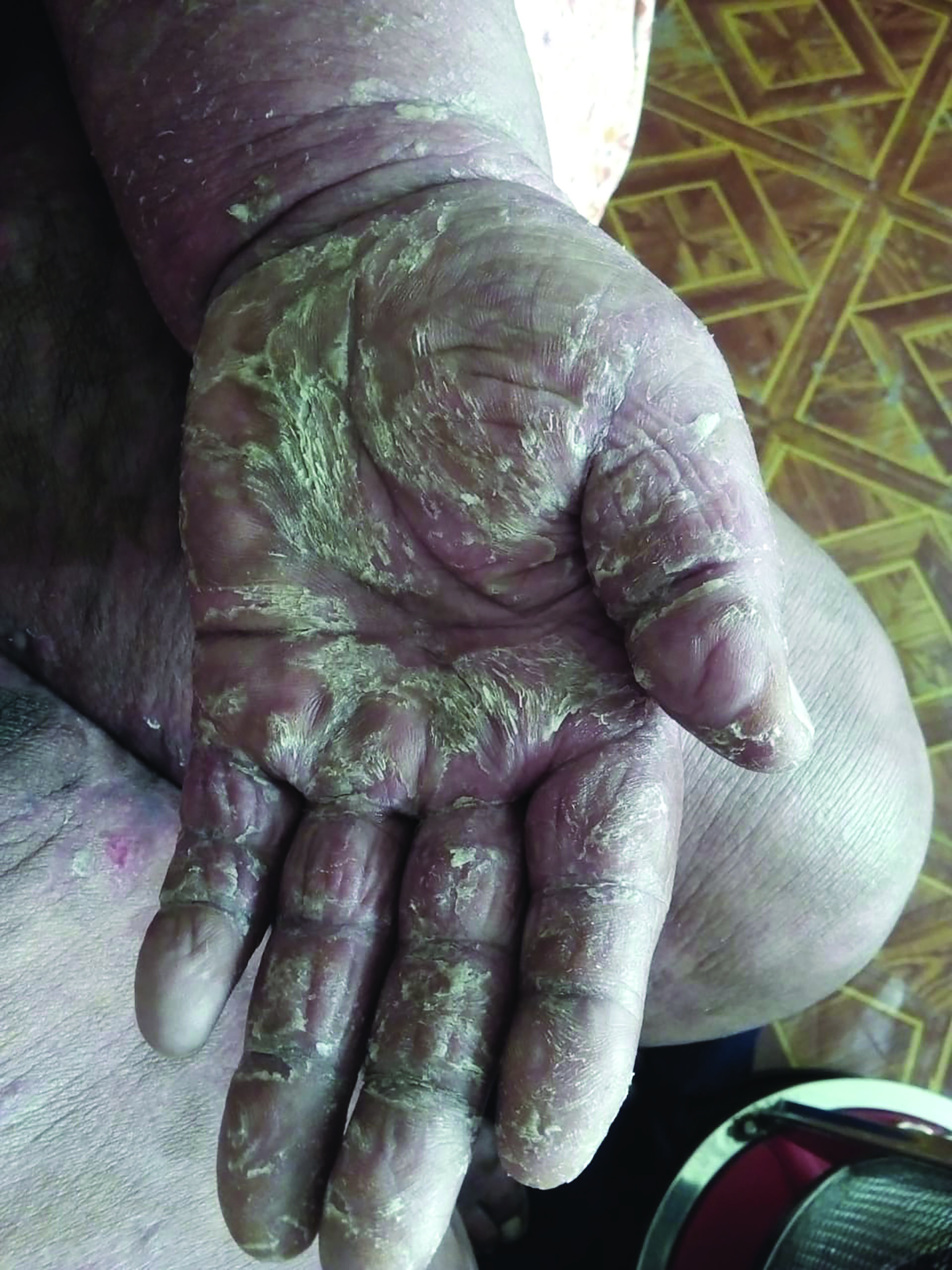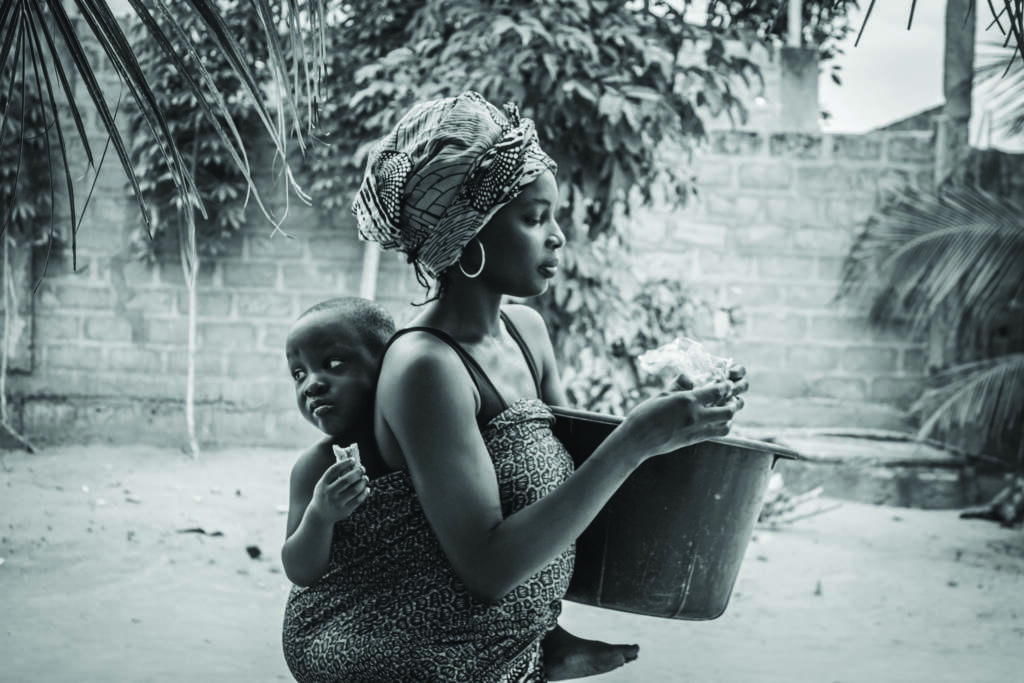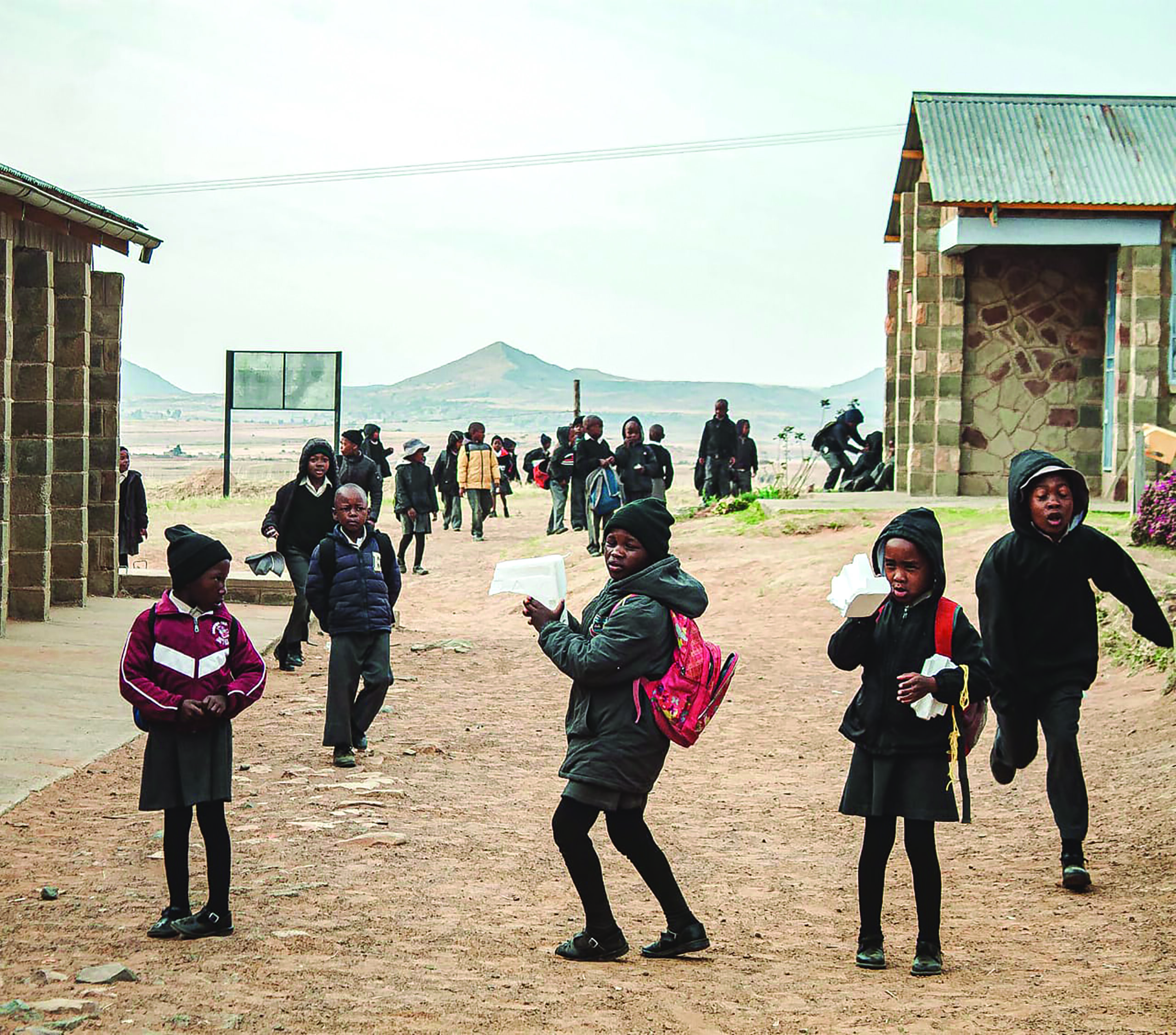Ntsoaki Motaung
For many women, the journey of motherhood is celebrated, yet the painful truths of postpartum struggles are rarely shared.
‘Mathabo*, a mother of three, reveals the brutal realities she faced after her third child was born, a story of unexpected challenges that forever changed her life.
“When I gave birth to my first two children, it was a smooth experience,” she told Newsday. “But with my third, everything was different.”
The surprises began when ‘Mathabo discovered she was seven months pregnant – a shock, as she had been using contraceptive implants.
“I was still on my implants (lithutsoana), and I did not think pregnancy was possible. I only realised when the pain and nausea became unbearable. I was tested at the hospital and found out I was seven months pregnant.”
When her due date arrived, the complications mounted. Her baby was unusually large, making a natural birth impossible.
“Hearing that I would need a Caesarean Section terrified me,” ‘Mathabo admited. “I am afraid of being cut or stitched, but I had no choice.”
What followed was a painful and challenging recovery. Shortly after her discharge from the hospital, her C-section wound became infected, requiring readmission.
“That was the hardest time of my life,” she recalled. “The pain was unbearable, worse than childbirth itself. I would cry for an hour before my wound was cleaned because I knew what was coming.”
For ‘Mathabo, the aftermath has been life-changing. Standing for even five minutes triggers intense back pain, and simple chores have become impossible.
“I now have to sit in a chair that lets me lean back. I cannot lift anything heavy, and I cannot even do the laundry,” she explained.
Her sister has since moved in to help care for her children and handle household responsibilities. “I rely on my sister, my kids, and my husband, who takes on the heavy-duty chores. All I can do is lie down, and even at work, I am fortunate that I am allowed to work sitting.”
‘Mathabo is not alone in her struggles.
Khothatso*, another mother, shared a similar story. “After my firstborn, I always felt different,” she said. “I am in pain constantly, and it is worse in chilly weather.”
Recently, she was hospitalised for abdominal pain, but tests found nothing unusual, leaving her with lingering discomfort and no answers.
The postpartum journey is often marked by conditions that persist long after birth.
According to the World Health Organization (WHO), each year, at least 40 million women are likely to experience long-term health problems due to childbirth.
A February study titled: “The Neglected Medium- and Long-term Consequences of Labour and Childbirth: A Systematic Analysis of the Burden, Recommended Practices, and a Way Forward” highlighted the significant postnatal health burden many women face, with conditions that can persist months or even years after giving birth.
The study listed several prevalent issues, including pain during sexual intercourse (dyspareunia), affecting over a third (35 percent) of postpartum women, low back pain (32 percent), anal incontinence (19 percent), urinary incontinence (8-31 percent), anxiety (9-24 percent), depression (11-17 percent), perineal pain (11 percent), fear of childbirth (tokophobia) (6-15 percent), and secondary infertility (11 percent).
Public Health Specialist and Midwife, Lepeli Molumaela, explained that many conditions can arise during and after pregnancy, varying widely from one woman to another.
“Postpartum haemorrhage, for instance, can lead to anaemia due to excessive bleeding after childbirth,” Molumaela said. “Some women may also experience abdominal distention, where the abdomen does not return to its original shape after delivery, which can be a cosmetic challenge for some.”
Disclaimer: Names marked with an asterisk (*) have been changed to protect the privacy of the individuals involved.
Summary
- ‘Mathabo*, a mother of three, reveals the brutal realities she faced after her third child was born, a story of unexpected challenges that forever changed her life.
- All I can do is lie down, and even at work, I am fortunate that I am allowed to work sitting.
- A Systematic Analysis of the Burden, Recommended Practices, and a Way Forward” highlighted the significant postnatal health burden many women face, with conditions that can persist months or even years after giving birth.

Your Trusted Source for News and Insights in Lesotho!
At Newsday Media, we are passionate about delivering accurate, timely, and engaging news and multimedia content to our diverse audience. Founded with the vision of revolutionizing the media landscape in Lesotho, we have grown into a leading hybrid media company that blends traditional journalism with innovative digital platforms.










